|
After three days of information sharing, debates, and discussions, the 26th EROPA General Assembly and Conference has formally ended on 14 September 2017 with the Second Business Meeting and Closing Ceremonies held at the Grand Intercontinental Seoul Parnas, Seoul, Korea. Dr. Dong-ho Oh, President of the National Human Resources Development Institute (NHI) and the President of the 26th EROPA General Assembly, presided over the session. Director-General Hong-Jo Chun of NHI, the General Rapporteur of the General Assembly and Conference, delivered a summary report of what has been discussed in the plenary and parallel sessions of the conference. He explained that the Sustainable Development Goals (SDGs), a move forward from the MDGs, are transformative, universal, and inclusive international commitments, which require innovations in the public sector, empowerment of human resources, and stronger partnerships between different stakeholders in governance. He added that, while achieving SDGs is a tall order, given the different views and experiences of each of the countries committed to these goals, the said diversity allows institutions and partners to learn from one another in pursuit of SDGs. Following is the Report on Future Plans and Programs, by the Chair of the Future Plans Committee, Dr. Masao Kikuchi. He laid down future projects for EROPA, such as extending the communication reach of EROPA to its members, continuation of the membership campaign, and development of ARPA as an online open-access journal. He invited EROPA members to be part of the Future Plans Committee, and proposed that a detailed timeline of activities be plotted in pursuit of the proposed programs and activities. Meanwhile, Ms. Maria Anthonette Velasco-Allones, Chair of the Resolutions Committee, presented for adoption of the 26th General Assembly the agreements that have been earlier agreed upon in the 63rd EROPA Executive Council Meeting. This included the approval of election of the new EROPA Executive Council officials effective 1 January 2018 to 31 December 2019. Recognizing the efforts of NHI in organizing the conference, EROPA, through Secretary-General Mercado, awarded NHI President, officials and staff with plaques of appreciation. Dr. Akira Nakamura, Professor Emeritus at Meiji University, Japan, received the second Raul P. de Guzman Award for Distinguished Contributions to Public Administration. Meanwhile, Mr. Muhammad Syafiq, Deputy for Policy Research at the National Institute of Public Administration, Indonesia, received the Carlos P. Ramos Award for Best Conference Paper for the study, “Public Perception Survey as an Early Warning Method in Reducing Negative Impact of Bureaucratization.” (READ: ) (READ: ) The heads of state delegation of the Philippines, Thailand, Vietnam, and Iran, then gave their respective statements of gratitude to the conference participants. Ms. Alicia dela Rosa-Bala, head of the state delegation of the Philippines, remarked that the theme of the 2017 EROPA Conference, which centers on the SDGs, is very relevant and appropriate to the needs of the times, and highlights the value of governance in attaining the said goals. Dr. Pairote Pathranarakul, head of the state delegation of Thailand, congratulated the conference organizers for bringing together scholars and practitioners and giving them an opportunity to discuss possible innovations and reforms in public administration. Dr. Luu Kiem Thanh, head of the state delegation of Vietnam, viewed the conference as an avenue for different state to promote adaptability, development and reform of state institutions and their partners. Finally, Mr. Emran Ramezani, head of the state delegation of Iran, expressed their interest to renew their ties with EROPA and actively participate in its activities. He remarked that insights from the conference will help them in improving their plans for administrative reform. Dr. Muhammad Taufiq, representative from the National Institute of Public Administration, Indonesia, reiterated their plans to co-organize, with Gadjah Mada University, the 2018 EROPA Conference in Yogyakarta, Indonesia, with the theme, “The Future of Public Administration: Managing Global Megatrends.” The conference will be held from 16-20 September 2018. Finally, in closing the conference, Dr. Dong-ho Oh reaffirmed the active participation of the Korean government in the programs and activities of EROPA. He noted the role of EROPA in establishing a strategy for implementation of programs that help achieve the SDGs. He hopes that future activities would help strengthen partnerships between EROPA and other countries. He expressed gratitude and appreciation to EROPA for recognizing their efforts in preparation for the conference. A day after the conference, delegates indulged in a whole-day city tour in Seoul, which includes a trip to the National Museum of Korea and the Deongdaemeun Design Plaza.
1 Comment
Licensing is one of the government regulations that entrepreneurs need to hurdle in starting their own business. Unfortunately, this is where companies encounter bottlenecks in applying for permits and licenses. This poses transaction costs that would potentially discourage investments and eventually slow down the economy. This is especially evident in the case of Indonesia, which is ranked 41st in terms of the Competitiveness Index and 91st out of 190 countries in the recent World Bank’s Ease of Doing Business (EoDB) index. It is under this context that Mr. Muhammad Syafiq and his colleague Mr. Naufal Sabda Auliya, researchers from the National Institute of Public Administration, Indonesia, explored means by which they can simplify business licensing in their country. Their study, “Public Perception Survey as an Early Warning Method in Reducing Negative Impact of Bureaucratization,” bagged the first Carlos P. Ramos Award for Best Conference Paper during the 2017 EROPA Conference in Seoul, Korea. Syafiq, Deputy for Policy Research of NIPA-RI, received the Award on behalf of his research team. Aside from identifying what made business licensing difficult, Syafiq and Auliya also looked into how data from public perception surveys can be used to simplify the process. In particular, the survey data may serve as an Early Warning System that would help determine the optimal limit of the following factors of bureaucratization: hierarchy, impersonality, formalization, and specialization. Consequently, it will be the basis for simplification of the business licensing system. The study examined procedure, cost, and time variables that affect business-licensing processes in Indonesia, based on surveys administered by the World Bank, Asia Foundation, and the Regional Autonomy Watch (KPPOD). The study found that the licensing system in Indonesia is extremely formalized and specialized, leading to further problems such as overlapping guidelines, partial delegation of authority, and delays due to dependence between tasks and procedures. The study also noted the lack of IT utilization and lack of professionalism of human resources (HR). From these findings, Syafiq and Auliya recommended clear delegation of authority, capacity building for HR, and synchronization of licensing guidelines. They also suggested the full use of IT tools for simplifying business licensing. The Carlos P. Ramos Award for Best Conference Paper began this year to recognize excellent papers presented in annual EROPA Conferences. It also hopes to draw more quality paper submissions for the conference and for possible publication in academic journals such as ARPA. The Award consists of a certificate and a USD1,000 cash award. Dr. Akira Nakamura, Professor Emeritus at Meiji University, Japan, received the Raul P. de Guzman (RPG) Award for Distinguished Contributions to Public Administration during the Closing Ceremonies of the 2017 EROPA General Assembly and Conference in Seoul, Korea. Considered as one of the "leading lights" of EROPA, Dr. Nakamura is also the Chair of the EROPA Revitalization Committee and a member of the Editorial Board of the Asian Review of Public Administration. He is also an adviser of the EROPA Local Government Center. In 2010, Dr. Nakamura, with Dr. Pan Suk Kim of Yonsei University, Korea, launched the Asian Leadership Forum (ALF), which serves as a platform for high-ranking officials and policymakers to discuss developments, issues, and insights in public administration. He has chaired eight ALF sessions since then. A renowned expert in crisis management, political science, and public administration, Dr. Nakamura has been awarded many times for his academic and practical contributions to these fields. He was awarded the Sakurada Kai Sho by the Sakurada Association in 1984 for his renowned publication and research work in political science. In 2006, he was awarded the Medal of Contributions by the Kingdom of Malaysia, earning him the title, Johan Mangkok Nagara (The Most Outstanding Defender of the Realm). He was also awarded an Honor of Contributions to International Cooperation in 2008 for his work with the Japan International Cooperation Agency (JICA). Dr. Nakamura remains active in his career as an academician and administrator in various academic institutions and government ministries. He was Chair of the Department of Political Science Vice President of Meiji University from 2006-2008, and Dean of Graduate School in the same university from 2002-2008. He is Visiting Professor at the Graduate Research Institute of Policy Studies (GRIPS) since 2009. He is also Adjunct Professor at Local Autonomy College, Ministry of Internal Affairs and Communications, Japan, since 1998. Aside from this, Dr. Nakamura is affiliated with a number of professional organizations in public administration, such as the International Institute of Administrative Sciences, the Asian Association for Public Administration, Japan Association of the Study of Civil Society, and the Japanese Society of Crisis Management. He is member of the International Advisory Board of the Public Administration Review. The Raul P. de Guzman Award was initiated by EROPA in 2014 to honor members of the Organization who have significantly contributed to the study and practice of public administration. Dr. Roger Wettenhall of the University of Canberra, Australia, formerly Associate Editor of ARPA and member of the EROPA Revitalization Committee, was the first RPG Awardee. NHI’s Prof. Hun Hueon Cho chaired the last Parallel Session, 7B, which featured three different examples of empowerment – enabling participation from communities, capacitating government officials and upholding gender equality. Professor Kenichi Nishimura of the Osaka University in Japan served as the first speaker for the session. His discussion revolved around People’s Participation and the Local Development Council (LDC), as illustrated by the Philippine Case with the primary aim of finding out how LDCs are operated, and how they contribute to the improvement in the performance of the LGUs. Conducting a survey in around 300 LGUs in the Philippines in 2010-2011 for mayors and city/municipal planning and development coordinators, Nishimura’s findings about LDCs have quite a number of implications contrary to the perception of inactiveness of the said council. Results revealed that LDCs are able to help formulate LGU development plans and programs, and are able to meet at least twice a year, as mandated by law. However, most LDCs proved to have difficulty in complying with the provision on representation to the councils. In terms of performance, Nishimura’s study indicated that NGO participation does not really have much to say about improving LGU performance, but in compliance to existing performance measures, more frequent meetings and presence of the mayor in the said gatherings give them higher ratings. In the second presentation, Ms. Fatemeh Nadjar Shams of the University of Tehran, Iran shared the study made by Seyed Kamal Vaezi and In Pyo Hwang of NHI with regards to the experience of training of officials in Korea. Focusing on the efforts of NHI, she shared programs being promoted by the institution, especially making them internationally competitive and emphasized its current directions of expanding capacity-building in the international arena. The realization of the role of human resource development, as she mentioned, contributes greatly to the success of the (government) administration. The paper looked into training and development (T&D) tools for retention of desirable employees, and enumerated some of the innovative techniques employed by NHI such as development hubs, role-playing, idea development, ethics training, and talent pool management, among others. The last presentation by Ms. Han Nu Ngoc Ton of Vietnam, who is currently studying at the National Institute of Development Administration (NIDA) of Thailand, brought gender equality into the spotlight in achieving SDGs. The study sought to introduce covering development policies in Vietnam, review the concept of gender equality in Vietnam, and analyze the achievements and challenges in gender equality. Focusing on the Vietnamese government’s action on gender equality by looking at its 2011-2020 national strategy and minimization of early and inbreeding marriage in the ethnic groups from 2015-2025, Ton recognized the nationwide efforts of gearing towards through guidelines formulated to ensure implementation, as well as supporting policies. She then cited achievements of women in four (4) domains – political, education and training, economic, and health care, particularly increasing ratios in the workforce, higher posts, and high participation rates in previously male-dominated sectors. As what has initially been pointed out in Parallel Session 5C, this session stresses the importance of strong institutions in reform implementation. It points out some of the challenges in governance and response capacities of certain national and local institutions in the Philippines. The session is chaired by Mr. Daniel Gerson of OECD. In her presentation, "Towards Strong Institutions: Challenges and Responses in Local Tourism Development in Maribojoc, Philippines," Dr. Maria Fe Villamejor-Mendoza, Dean of the UP National College of Public Administration and Governance, Philippines, argued that strong institutions are needed for sustainable development and tourism. Her study identifies the challenges in local tourism development in the town of Maribojoc, Bohol. It is seen that tourism can be a viable option for the said town, and it will require more capacity-building, multiple stakeholder engagement, participatory regulations, and networking. Dr. Maria Victoria Raquiza, also of UP-NCPAG, shared the same sentiments as Dr. Villamejor-Mendoza. In her presentation, "Governance that Matters for Development and Structural Transformation," she argued that the current institutional policy and governance framework of the Philippines is insufficient to reduce poverty, and promote industrialization and structural transformation. Despite impressive growth rates, there is also high poverty incidence and high levels of inequality. She explained that, while structural transformation is imperative at this time, it will entail purposeful leadership with developmental vision. Moving towards the capacity side of reform, the presentation by Dr. Ederson Tapia of the University of Makati, Philippines, focuses on selected Higher Education Institutions (HEIs) and Training Institutions (Tis) involved in Governance Education. Governance-capacity connection is recognized to be important in the LGU level. Capacity building is designed to increase knowledge, skills, competitiveness, and improved behavior to bring about desired changes. |
2017 eropa conference bulletinArchivesCategories |
- Home
- About
-
Publications
- Public Administration News
-
ARPA
>
- ARPA Scope and Objectives
- ARPA Editorial Board
- ARPA Call for Papers
- Submit Article
-
ARPA Open Access
>
- India (2020-2023, Vol. 31, Nos. 1&2, pg. 4-22)
- Nepal (2020-2023, Vol. 31, Nos. 1&2, pg. 23-46)
- Vietnam (2020-2023, Vol. 31, Nos. 1&2, pg. 47-67)
- China (2020-2023, Vol. 31, Nos. 1&2, pg. 68-79)
- South Korea (2020-2023, Vol. 31, Nos. 1&2, pg. 80-99)
- Bangladesh (2020-2023, Vol. 31, Nos. 1&2, pg. 100-119)
- USA (2020-2023, Vol. 31, Nos. 1&2, pg. 120-141)
- Abstracts >
- Publication Ethics and Malpractice Statement
- Notes for Contributors
- Journal Indexing
- EROPA Bulletin >
- Resources >
- Membership
-
Conferences
-
Activities
- #TAG Dialogue
- Contact Us
- Home
- About
-
Publications
- Public Administration News
-
ARPA
>
- ARPA Scope and Objectives
- ARPA Editorial Board
- ARPA Call for Papers
- Submit Article
-
ARPA Open Access
>
- India (2020-2023, Vol. 31, Nos. 1&2, pg. 4-22)
- Nepal (2020-2023, Vol. 31, Nos. 1&2, pg. 23-46)
- Vietnam (2020-2023, Vol. 31, Nos. 1&2, pg. 47-67)
- China (2020-2023, Vol. 31, Nos. 1&2, pg. 68-79)
- South Korea (2020-2023, Vol. 31, Nos. 1&2, pg. 80-99)
- Bangladesh (2020-2023, Vol. 31, Nos. 1&2, pg. 100-119)
- USA (2020-2023, Vol. 31, Nos. 1&2, pg. 120-141)
- Abstracts >
- Publication Ethics and Malpractice Statement
- Notes for Contributors
- Journal Indexing
- EROPA Bulletin >
- Resources >
- Membership
-
Conferences
-
Activities
- #TAG Dialogue
- Contact Us

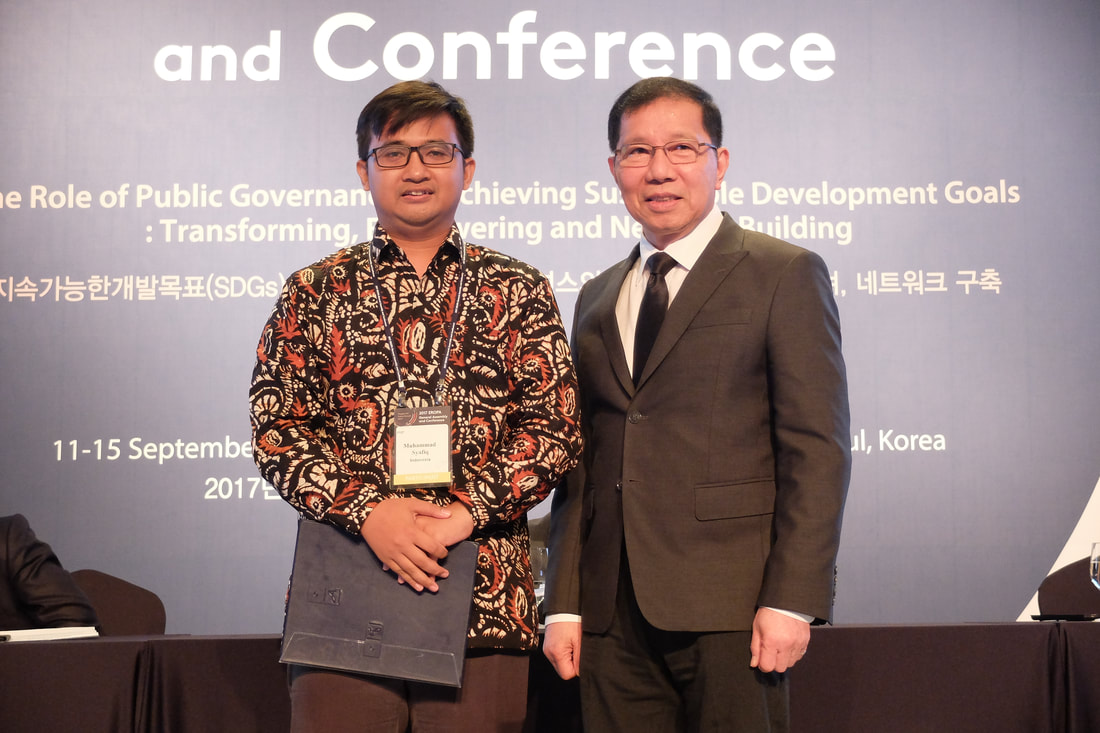
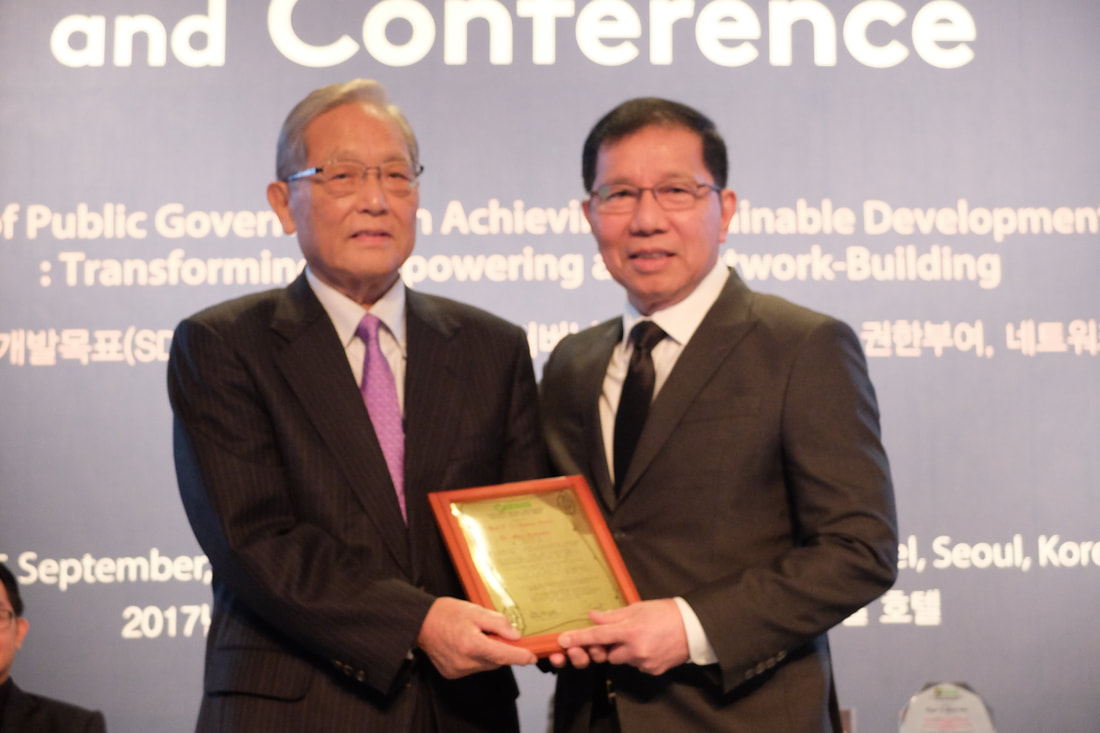
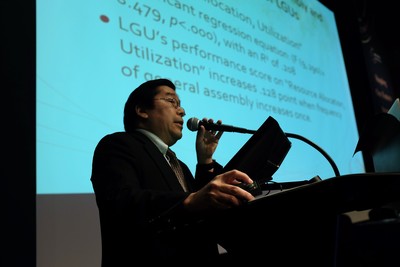
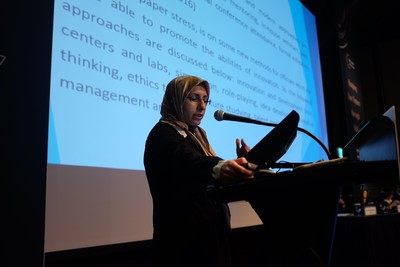
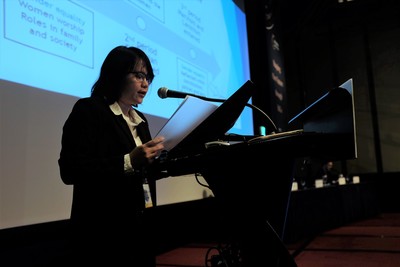
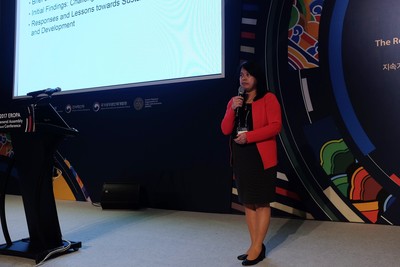
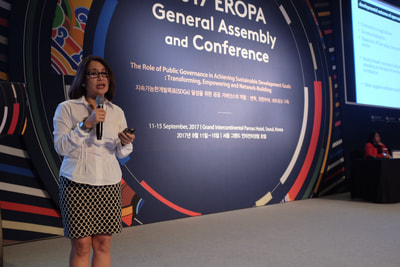
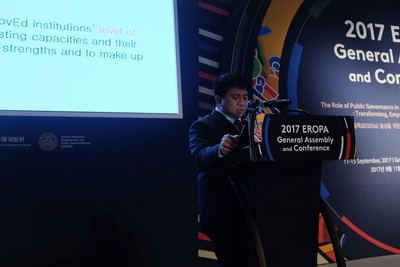
 RSS Feed
RSS Feed